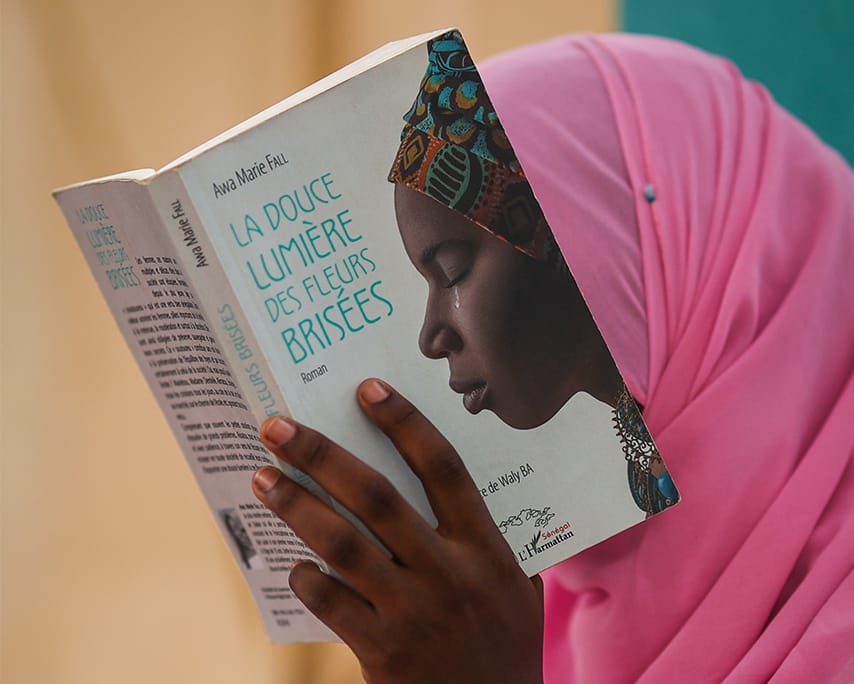World Day for the Prevention of and Healing from Child Sexual Exploitation, Abuse and Violence
Addressing child sexual exploitation, abuse, and violence is a task that requires a collective effort from both individuals and organisations. Parents and caregivers, as key players, must educate themselves about the warning signs of abuse, foster open communication with their children, and create safe environments at home and in the community. Equally, governmental and non-governmental organisations play a crucial role by advocating for children’s rights, providing resources, and offering support to those in need. This year, World Day for the Prevention of and Healing from Child Sexual Exploitation, Abuse and Violence serves as a powerful reminder that by working together, individuals and organisations can create a protective environment that ensures children are safe from harm. This collaboration is important and empowering, as it is critical to preventing abuse, offering resources to victims, and fostering healing and recovery.
In many African societies, the protection of children was traditionally seen as a collective responsibility. The extended family, community elders, and the broader social network were deeply involved in nurturing and protecting children. In this environment, children were taught respect, empathy, and ethical behaviour through the powerful tool of storytelling, which played a pivotal role in shaping their understanding of societal norms. However, with rapid urbanisation, growing poverty, and challenges in access to quality education, many of these traditional support and protection systems have weakened. The pressures of modern life, including economic hardship and the breakdown of communal structures, have left many children vulnerable to abuse and exploitation. As a result, parents and caregivers must now take a more active role in safeguarding their children’s well-being. A lack of community support systems amplifies the importance of understanding and addressing the risks children face, and reconnecting with the power of storytelling can be a way to reinforce these societal norms.
Preventing child sexual exploitation, abuse, and violence requires awareness and early intervention. One of the critical steps is to identify perpetrators by recognising their language and behaviour. Often, perpetrators use specific words to groom children and minimise the impact of their actions. They may rationalise inappropriate behaviour, make excuses, or shift the blame onto the child. For example, an abuser might say, “It’s just a game,” or “You wanted it,” using language to normalise or trivialise the abuse. Additionally, perpetrators often use secrecy to control and isolate their victims. Phrases such as “This is our secret” or “Don’t tell anyone, or you’ll get in trouble” are designed to silence the child and maintain control over them. Recognising these language patterns is not just important, it is crucial in identifying potential threats and preventing further harm, making you more vigilant and prepared to protect children.
Writing and talking about complex issues, such as child sexual exploitation, abuse, and violence, requires sensitivity and care. Children’s cognitive and emotional development varies, and it is vital to communicate in an age-appropriate way. Younger children tend to think concretely, so discussions should be simple, while older children and adolescents are more capable of understanding abstract concepts. When addressing such difficult topics, being honest without overwhelming them is crucial. Children need emotional support to process the information, with younger ones potentially feeling fear or confusion and older ones experiencing anxiety or sadness. Offering age-appropriate emotional support helps children cope and understand the information without feeling overwhelmed or traumatised.
World Day for the Prevention of and Healing from Child Sexual Exploitation, Abuse, and Violence is an essential reminder that we all have a responsibility to protect children. By recognising the language of perpetrators, strengthening communal and familial protection systems, and providing age-appropriate education, we can work together to prevent abuse and support healing. Ensuring a safer world for children requires understanding the complexities of these issues and taking proactive steps to address them, creating a brighter, safer future for the next generation.



